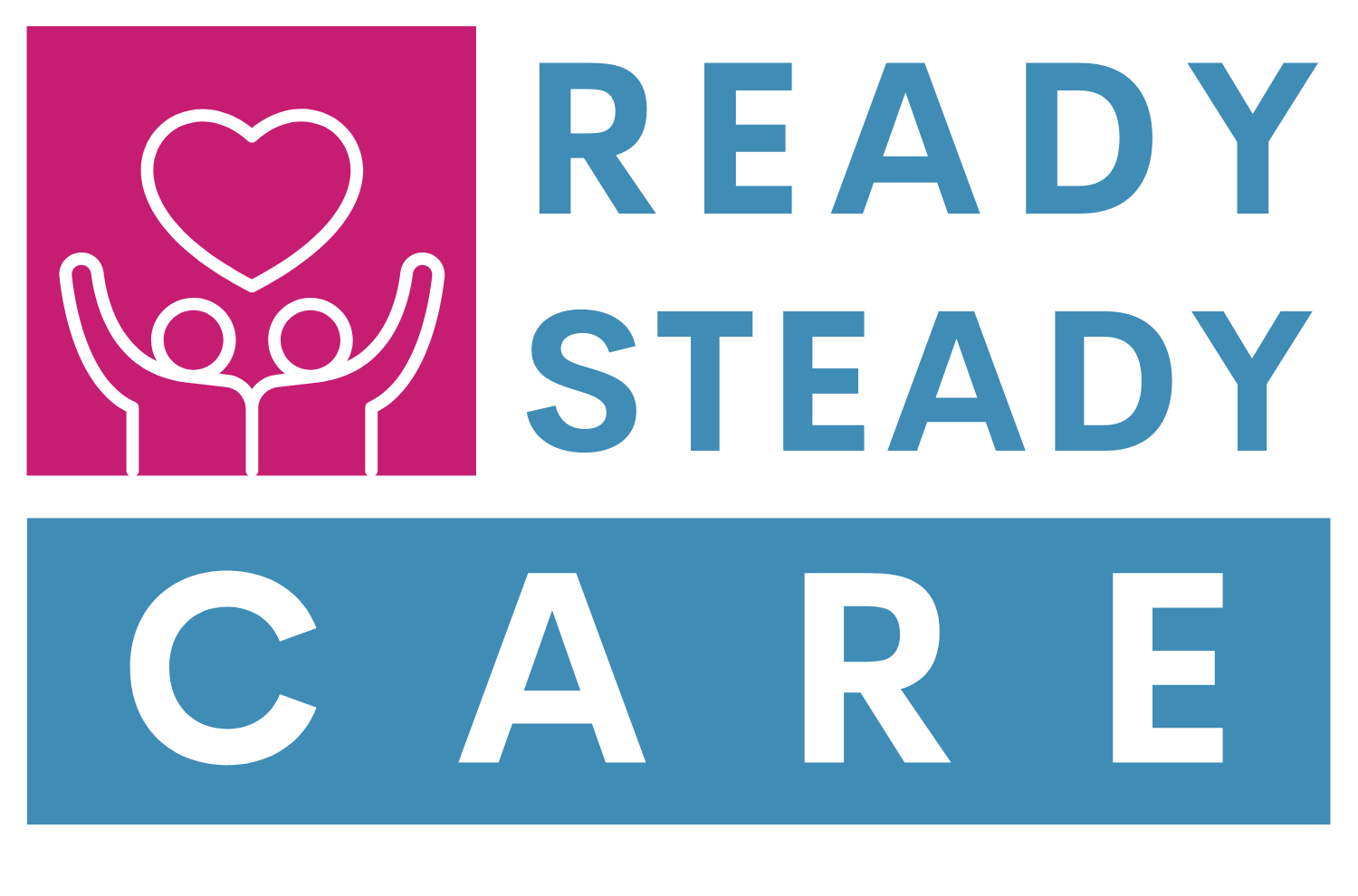What is Attendance Allowance?
(AA) Attendance Allowance is a benefit for people at or above the State Pension age.
An Attendance Allowance will help with additional costs if your health is serious enough that you need someone, such as a carer, to support you.
There is no means test for attendance allowance. It is a tax-free benefit that can be paid independently of your income, savings, or record of National Insurance contributions.
If you’re over the age of eligibility for receiving your state pension, and you need regular care or support, attendance allowance could help you maintain your independence with a little extra money every week.
You can apply for Attendance Allowance if you need care and it won’t affect your eligibility for Carer’s Allowance if you are a caretaker. This benefit may also be available to the person being cared for.
Receiving Attendance Allowance can increase the amount of any means-tested benefits (such as Pension Credit) you get.

Will Receiving Attendance Allowance Diminish other Benefits?
Receiving an Attendance Allowance does not diminish other benefits; in some cases, it can even boost them.
If you have a caretaker, submitting an application for Attendance Allowance may assist them to become eligible for certain benefits (such as Carer’s Allowance). You and/or your carer may be eligible for further council tax assistance if you get attendance allowance.
The amount you get is based on the level of care you require because of your impairment and is paid at two separate rates.
If you’re eligible, you might receive £61.85 or £92.40 per week to assist with personal support.

If you meet one of the following requirements, you will receive a higher rate of attendance allowance:
- You pass both the daytime and nighttime requirements.
- You have a serious illness (someone is classified as terminally ill if they are not expected to live longer than 6 months)
The lesser rate of attendance allowance will be provided to you if:
- You pass the tests; day time/night time.
- Some kidney patients who receive renal dialysis at least twice a week must abide by specific guidelines.

The Daytime Test
You must demonstrate that you reasonably require either of the following to pass the daylight test:
- Daily assistance with personal care regularly (ie about three times or more)
- Someone to constantly (i.e., frequently or regularly) check on you throughout the day to ensure your safety.
The Night Time Test
You must demonstrate that you reasonably require either of the following to pass the nighttime test:
- At least twice a night, or once a night for at least 20 minutes, need assistance with personal care.
- Ask someone to check on you at least twice a night, or at least once a night for at least 20 minutes to ensure your safety.

Do I meet the requirements for the Attendance Allowance?
If you require assistance with personal care or someone to make sure you’re okay, you may be eligible for an attendance allowance. Attention is the legal term for needing assistance with personal care, and supervision is the legal term for having someone to keep an eye on you; read below for more information.
It doesn’t matter if you are already receiving all the assistance you require; what matters is that you need either attention or supervision. So keep in mind to consider the assistance you require as well as the assistance you already receive.
You cannot claim Attendance Allowance at the same time as Personal Independence Payment (PIP), the care component of Disability Living Allowance (DLA), or Adult Disability Payment (only available in Scotland).
You may be eligible for an attendance allowance if you:
- Have attained State Pension age
- Require care or supervision due to a physical disability, mental disability or illness.
- Have required care or supervision in your daily life due to a physical or mental disability or illness for at least six months. (You can make your claim before six months, but you will not receive any payment until 6 months have passed.)
- Have no immigration limits on your stay in the UK, with few exceptions. If you do, get professional immigration control counsel before claiming benefits, as doing so may impact your ability to remain in the UK in the future.

Learn more about applying for Attendance Allowance if you have a terminal illness below.
How to claim Attendance Allowance
You do not need to have received a formal diagnosis to meet the eligibility criteria for Attendance Allowance.
For instance, you can still be attending visits or testing to determine what’s wrong with you.
You are eligible to get attendance allowance if you have experienced difficulties for six months and have required help with personal care, supervision, or both.
If you live alone, you can apply for attendance allowance, which is based on the assistance you require rather than the assistance you already receive.
If you receive an attendance allowance, you are free to use the funds any way you see fit. Meaning you use the money to help you prolong your independence in your own home.
You may also submit an application for attendance assistance on behalf of a friend or parent.
Claiming Attendance Allowance in:
England, Wales and Scotland
- Contact the Attendance Allowance Helpline on 0800 731 0122 (textphone 0800 731 0317)
Northern Ireland
- Contact Disability and Carers Service on 0800 587 0912 (text phone: 0800 012 1574)


Supplementary Information
Numerous people may be able to provide you with information regarding your health and the assistance you require. This could incorporate:
- Your GP or consultant’s letters
- Your care plan from your local council or trust, which details the assistance you require
- A report from your occupational therapist detailing the tools and modifications you require
- Details provided by a community psychiatrist’s nurse
- Appointment letters
- Lists of prescriptions
This information should be included with your application.
Applying for Someone Else
If you’ve been asked to complete a form for someone else, there could be a number of reasons why. They may be too sick to fill out the form themselves, or they just aren’t able to make decisions about things like signing documents or making financial arrangements.
- It’s okay to fill out the form on behalf of someone else if they can sign it.
- If they cannot sign the form then you need to have the legal right to do it on their behalf. You can sign it if you are an appointee, have power of attorney, or are a deputy.
Advice for Filling out the Attendance Allowance Claim Form
- Take your time filling out the form because it is lengthy and complicated; you don't have to finish it all at once.
- Before filling out the claim form, make a list of all the assistance you require.
- Be honest with yourself about how long tasks take you and whether you can do them safely.
- If you have a caretaker, ask them to list all the assistance they provide you with so that you don't forget anything.
- Keep in mind that the key is determining whether you need the assistance rather than whether you are already receiving it.
- Consider the challenges you face and the kind of assistance you would need to make things easier.
- The DWP decision-maker does not know you or how your mental health condition affects your day-to-day life. Make sure you explain how your condition affects you and the personal tasks you struggle with in as much detail as possible.
- In some cases, someone from the DWP (or a community outreach officer if you live in Northern Ireland) can visit you to help you with your benefit claim.
- Describe any assistance you need to use any equipment or adaptations you have that make your life easier, as well as any additional aid you may need from someone else.
- Keep a journal for about a week. If you do not have to require assistance every day, if you are unsure of the extent of your needs. 'Most of the time' is the perfect phrase.
- Make a note of the assistance you require each day of the week or month, depending on how much the pattern fluctuates, if your needs change from day to day.
- Don't only consider what occurs on good days. Get a general idea of the assistance you require and detail any slips, trips, or incidents.
- Keep a copy of your form.
After You've Sent Your Form
The Department for Work and Pensions (DWP) decision maker may get in touch with you, your doctor, or someone else you listed on the form after you’ve returned it, to request additional information or to make arrangements for a doctor to visit you. It will be a Department for Communities decision-maker in Northern Ireland (DfC).
Your caretaker is allowed to go with you to any doctor appointments made by the DWP or DfC. The doctor might want to check you out and ask you more questions. It is a good idea to write down anything you want to discuss with the doctor in advance.
You will receive a formal decision on your claim that details the benefit rates and starting dates that have been granted.
Attendance Allowance may be given for a set time frame or an infinite amount of time. The decision will specify when the benefit term expires if you are granted it for a set amount of time.
You will receive a new claim form well in advance of the expiration of your award term.

Disputing and Appealing a Benefit Decision
You can ask the Department for Work and Pensions (DWP) (England, Wales, and Scotland) or the Department for Communities (DfC) (Northern Ireland) to reevaluate the decision if you are denied Attendance Allowance or if you have been awarded attendance allowance at a lesser rate than you anticipated. You can’t file an appeal until you’ve done this. This is referred to as a mandatory reconsideration.
After they have done this, if you still don’t agree, you must file an appeal with the Tribunal Service (England, Wales, and Scotland) or the Appeals Service (TAS) (Northern Ireland) and include a copy of the required reconsideration notice.
Be quick in disputing as there is a short period of time allowing you to do this.
If your Circumstances Change
If your circumstances change your rates of attendance allowance may change; if your care needs change, you go into hospital, move to a care home or go abroad. You’ll need to contact the DWP to discuss your situation.
- Attendance Allowance Helpline
You can call the Attendance Allowance helpline to ask for a copy of the form in alternative formats, such as braille, large print or audio CD.
You can also use the British Sign Language (BSL) service video relay.
Telephone: 0800 731 0122
Textphone: 0800 731 0317
Relay UK (if you cannot hear or speak on the phone): 18001 then 0800 731 0122
Frequently Asked Questions
You can get Attendance Allowance if: you’re of state pension age. You have a long-term condition or disability. You need help with everyday activities like washing, dressing, eating, getting around, bodily functions etc. You’ve had this help for at least six months.
You can choose how to spend the money, and it might enable you to live independently in your own house for a longer period of time. Since attendance allowance is not means tested, it is irrelevant how much additional income you receive. There is no restriction, so it doesn’t matter how much money you have in savings.
Your Attendance Allowance will be granted for a set or indefinite amount of time. You must resubmit your claim before the defined term expires if you were informed you would receive Attendance Allowance for a fixed duration. When you submit another claim, the eligibility requirements will still apply.
No, but you must have required daily personal care help on a regular basis for at least six months. (Unless you are terminally ill.)
- Pension Credit
- Housing Benefit
- Council Tax Reduction
Receiving Attendance Allowance could boost your Blue Badge Scheme application.



